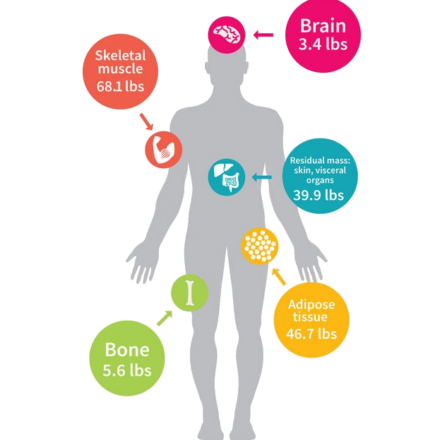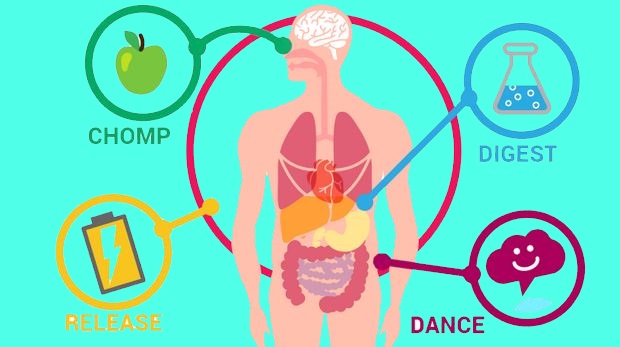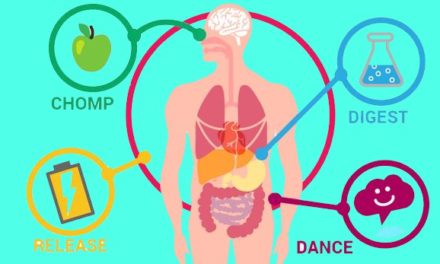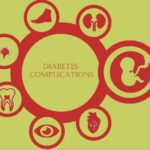Probably trying to lose weight quickly has you heard things or theories that have led you to have doubts or distrust. Maybe you’re reading an outdated nutrition book. Or the gym comes with a special fitness plan based on some theories that claim to always work. We could even have been misinformed about some particular habit.
The following myths have been around forever and are even used as a flag for commercial promotion. The purported benefits of these myths have been passed on as universally agreed truths for generations, but recent research exposes these “truths” as fallacies:
– Constant-intensity cardiovascular exercises are the best strategy for fat loss
For some reason, the vast majority of people believe that cardiovascular exercise, such as running long distance, cycling or even walking on the treadmill, is the key to fat loss.
Low-intensity cardiovascular exercises over time can help you lose weight, but a significant amount of weight will be muscle. And the less muscle our body has, the more fat we’re going to store.
The reason for this is due to something called the basal metabolic rate, which is the number of calories your body burns at rest to support lean muscle mass. As your body’s amount of muscle mass increases, so does the basal metabolic rate.
A better alternative to low-intensity cardiovascular exercises are high-intensity interval workouts. This is a method of cardiovascular exercises during which periods of intense work (such as speed races) are alternated, with rest periods. Maintaining such an exercise scheme burns more calories, keeps your metabolism elevated for longer, and is much more efficient over time.
One study showed that workouts with high intensity intervals were 9 times more effective at burning fat compared to low-intensity cardiovascular exercises. The reason for this was overconsumption of oxygen post-exercise, which will continue to burn calories up to 48 hours after your workout.
– Not eating after 6 p.m.
Living in a world where you can’t eat at night means you can’t enjoy meals with your friends and family. This restrictive schedule myth is another reason why so many people get discouraged when they hear the word “diet.”
The fact is that consuming too many calories causes weight gain, regardless of the time they are consumed.
A recent study by Italian researchers compares eating earlier in the day (10 am) to eating later in the day (18:00). The study did not observe differences in weight loss between the two groups, but fat burning was greatest in people who made their meals after 18:00.
Another study by Israeli researchers demonstrated this theory when they compared people who ate carbohydrates in the morning, and those who ate them at night. The carbohydrate eaters during the night burned more fat and experienced less hunger during the day.
The reason for this is growth hormone.
Growth hormone is a powerful hormone that controls the amount of fat that the body burns, and the amount of muscle it builds. Their growth hormone spikes grow at night while you sleep, and turn off the moment you have your first meal of the day.
– Breakfast is the most important meal of the day
When eating your first meal of the day, your body creates a calorie expectation. By starting those expectations first thing in the morning, you will create a huge feeding window for your body. The more calories you consume, the more calories your body will wait for. In other words, the less you eat, the less hungry you feel.
In addition to the expectation of extra calories caused by breakfast, eating early in the morning slows down the production of hormones that control the amount of fat it stores, and the amount of muscle mass you build. So a great hearty breakfast is not of importance, and to some extent does not benefit us at all.
This new theory about breakfast is why intermittent fasting is the most discussed diet concept on the Internet right now.
– Eating every 2-3 hours will speed up your metabolism
The theory behind this is that eating more often increases the metabolic rate, which is true. But this does not necessarily promote fat loss.
There are no studies to prove this popular theory, but it is proven to be wrong.
French researchers found that “there is no evidence of further weight loss” when eaten more frequently. Participants in this study were proposed to eat 2,000 calories per day. There were no differences in fat loss between those who ate four 500-calorie meals, and those who made two 1000-calorie meals.
Another recent study in Canada compared people who ate three meals a day with those who ate six meals a day. There was no difference in weight loss. The only difference was that people who ate three meals a day consume fewer calories, reported feeling more satisfied, and feeling less hungry.
Eating every 2-3 hours is how to develop unrealistic eating habits, you have to take a Tupperware everywhere, and the stress that comes from forgetting to eat at a certain time. Here you can find what is the best weight loss programe to lose weight fast
 NL
NL FR
FR DE
DE EN
EN
















